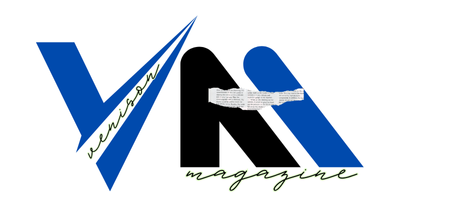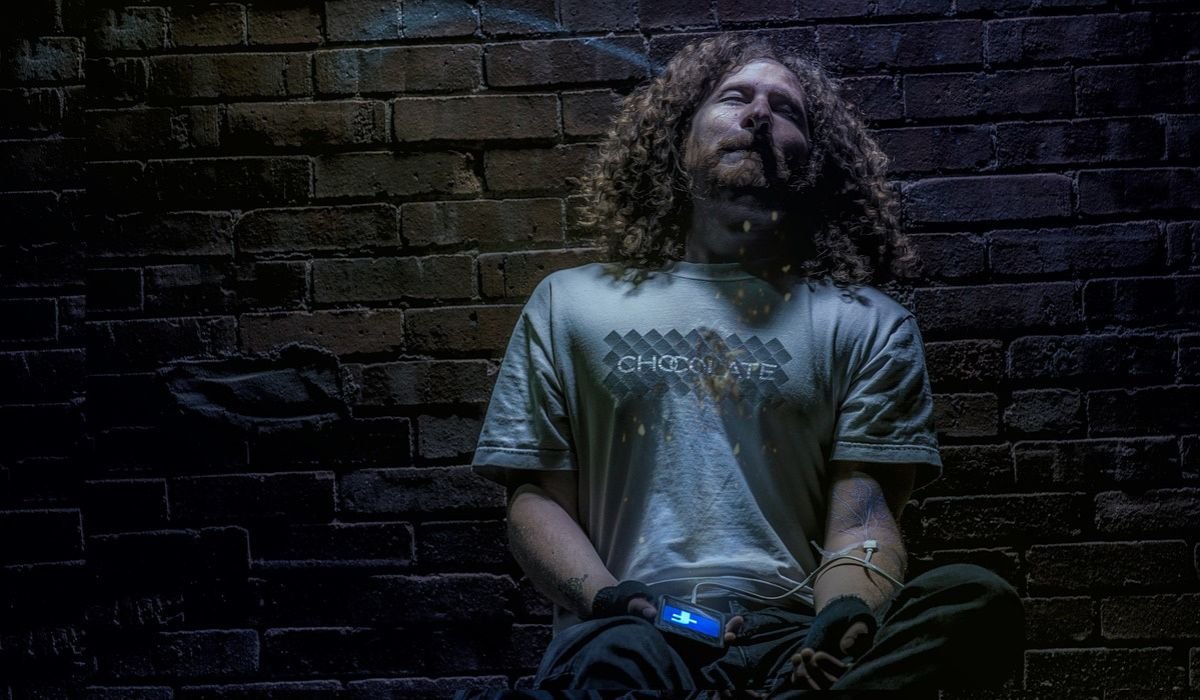Hospice care is a vital service that brings comfort to patients and families during challenging times. However, recent revelations about Zola Hospice fraud have shaken public trust in this critical healthcare sector. In this blog post, we’ll explore the importance of hospice care, unpack the complexities of healthcare fraud, and examine the impact of these unethical practices on patients and their families. We’ll also discuss regulatory measures in place to prevent future fraud and provide practical steps for protecting yourself and your loved ones. Let’s begin by understanding the role of Zola Hospice and its mission.
Introduction to Zola Hospice and its Mission
Zola Hospice was established with a noble mission to provide compassionate care to individuals facing terminal illnesses. The organization aimed to support patients and their families by offering medical, emotional, and spiritual assistance during end-of-life care. The commitment to improving the quality of life for patients drove Zola Hospice to expand its services, becoming a reputable name in the industry.
However, the recent Zola Hospice fraud scandal has marred its reputation and put the organization’s mission under scrutiny. Allegations suggest that unethical practices were carried out, undermining the trust placed in them by patients and families. It’s crucial to understand the broader context of hospice care to grasp the gravity of such fraudulent activities.
Overview of the Hospice Industry and Its Importance in Healthcare
The hospice industry plays a critical role in the healthcare system, providing specialized care for individuals who are terminally ill. Hospice care focuses on enhancing the quality of life, ensuring that patients receive pain management, emotional support, and spiritual care tailored to their needs. This type of care is primarily provided in the patient’s home, a hospice facility, or a hospital setting.
The importance of hospice care cannot be overstated. It allows patients to spend their final days with dignity, surrounded by loved ones, and relieves families of the burden of medical decisions during a challenging time. Hospice care teams, consisting of doctors, nurses, social workers, and chaplains, work collaboratively to address the diverse needs of patients and families.
The demand for hospice services has steadily increased as the global population ages, making it an essential component of modern healthcare. Amidst the growing reliance on hospice care, the integrity and trustworthiness of providers have become paramount.
Understanding Hospice Fraud – Examples and Consequences
Hospice fraud is a serious issue that undermines the foundation of trust between caregivers and patients. It involves deceitful practices aimed at exploiting the hospice care system for financial gain. Some common examples of hospice fraud include:
- False Claims: Submitting claims for services not rendered or inflating service durations.
- Patient Recruitment: Enrolling ineligible patients who do not meet the criteria for hospice care.
- Kickbacks: Offering financial incentives to healthcare providers for patient referrals.
These fraudulent practices can have devastating consequences for both patients and healthcare providers. Patients may receive substandard care or treatments they do not need, impacting their quality of life. Trust in the healthcare system diminishes, leading to increased scrutiny and regulatory oversight.
Case Study Recent Zola Hospice Fraud Scandal
The Zola Hospice fraud scandal serves as a sobering reminder of the vulnerabilities within the hospice care industry. Investigations revealed a series of unethical practices that betrayed the trust of patients and tarnished the organization’s reputation.
In this case, Zola Hospice was accused of enrolling ineligible patients into hospice care, manipulating medical records to justify claims, and engaging in fraudulent billing practices. These actions allegedly resulted in substantial financial gains at the expense of patient welfare. The scandal not only affected the lives of those directly involved but also raised concerns about the industry’s oversight mechanisms.
The repercussions of the Zola Hospice fraud scandal extended beyond financial penalties. It sparked conversations about the need for stricter regulations and accountability in the hospice care sector. The fallout from such scandals highlights the critical importance of transparency and ethical conduct in healthcare.
Impact on Patients and Families Affected
The impact of hospice fraud on patients and families is profound. Those who entrust their care to hospice providers expect compassionate and ethical treatment. When that trust is broken, the consequences can be emotionally and physically damaging.
Patients who are unwittingly enrolled in hospice care may receive unnecessary medications or treatments, leading to discomfort or adverse side effects. Families, already facing the emotional strain of a loved one’s terminal illness, are left feeling betrayed by the healthcare system they relied upon.
Furthermore, the emotional toll on families can be devastating. The realization that their loved one’s care was compromised by fraudulent practices can lead to feelings of guilt, anger, and helplessness. The Zola Hospice fraud case underscores the need for vigilance and accountability to protect those in vulnerable situations.
Regulatory Measures to Prevent Future Fraud
In response to incidents of hospice fraud, regulatory bodies have implemented measures to prevent future occurrences. These measures aim to ensure that hospice providers adhere to ethical standards and maintain the highest level of care for patients.
- Stringent Audits: Regular audits help identify irregularities in billing and service delivery.
- Enhanced Oversight: Regulatory agencies monitor hospice facilities more closely to ensure compliance with legal and ethical guidelines.
- Whistleblower Protections: Encouraging employees to report unethical practices without fear of retaliation can deter fraud.
These regulatory efforts are designed to create a safer environment for patients and families, fostering trust in the healthcare system. However, vigilance remains crucial, as fraudulent practices can still occur despite these precautions.
Steps Patients and Families Can Take to Protect Themselves
While regulatory measures play a significant role in preventing hospice fraud, patients and families can also take proactive steps to protect themselves from unethical practices.
- Research Providers: Before selecting a hospice provider, thoroughly research their reputation and history. Look for reviews, testimonials, and any past legal issues.
- Verify Eligibility: Ensure that your loved one meets the eligibility criteria for hospice care. Seek a second opinion if you have doubts about the diagnosis.
- Monitor Billing: Keep track of billing statements and compare them with the actual services received. Report any discrepancies immediately.
By taking these steps, patients and families can make informed decisions and minimize the risk of falling victim to hospice fraud. Empowerment through knowledge is a powerful tool in safeguarding the well-being of loved ones.
You May Also Like: Understanding the Kennedy Funding Lawsuit
Conclusion
The Zola Hospice fraud scandal serves as a stark reminder of the importance of transparency and trust in the hospice industry. Ethical conduct, stringent regulations, and vigilant oversight are essential to ensuring that patients receive the compassionate care they deserve during their final days.
The hospice industry must prioritize accountability and integrity, as these values are the cornerstones of trust between providers and patients. By fostering a culture of transparency, healthcare organizations can rebuild trust and ensure that families can rely on hospice care during their most vulnerable moments.
For those seeking hospice care, staying informed and proactive is crucial. By understanding the potential risks and taking steps to protect themselves, patients and families can make choices that prioritize their well-being and dignity.
FAQs
- What is the Zola Hospice fraud scandal about?
The Zola Hospice fraud scandal involves allegations of unethical practices, including enrolling ineligible patients and fraudulent billing, resulting in financial gains at the expense of patient care.
- How does hospice fraud affect patients and their families?
Hospice fraud can lead to substandard care, unnecessary treatments, and emotional distress for patients and families who feel betrayed by the healthcare system.
- What regulatory measures are in place to prevent hospice fraud?
Regulatory bodies have implemented measures such as audits, increased oversight, and whistleblower protections to deter fraud and ensure ethical practices in the hospice industry.
- What steps can families take to protect themselves from hospice fraud?
Families can research providers, verify eligibility, and monitor billing statements to protect themselves from hospice fraud and ensure they receive ethical care.
- Why is transparency important in the hospice industry?
Transparency is crucial for building trust between hospice providers and patients, ensuring that families can rely on ethical and compassionate care during difficult times.











